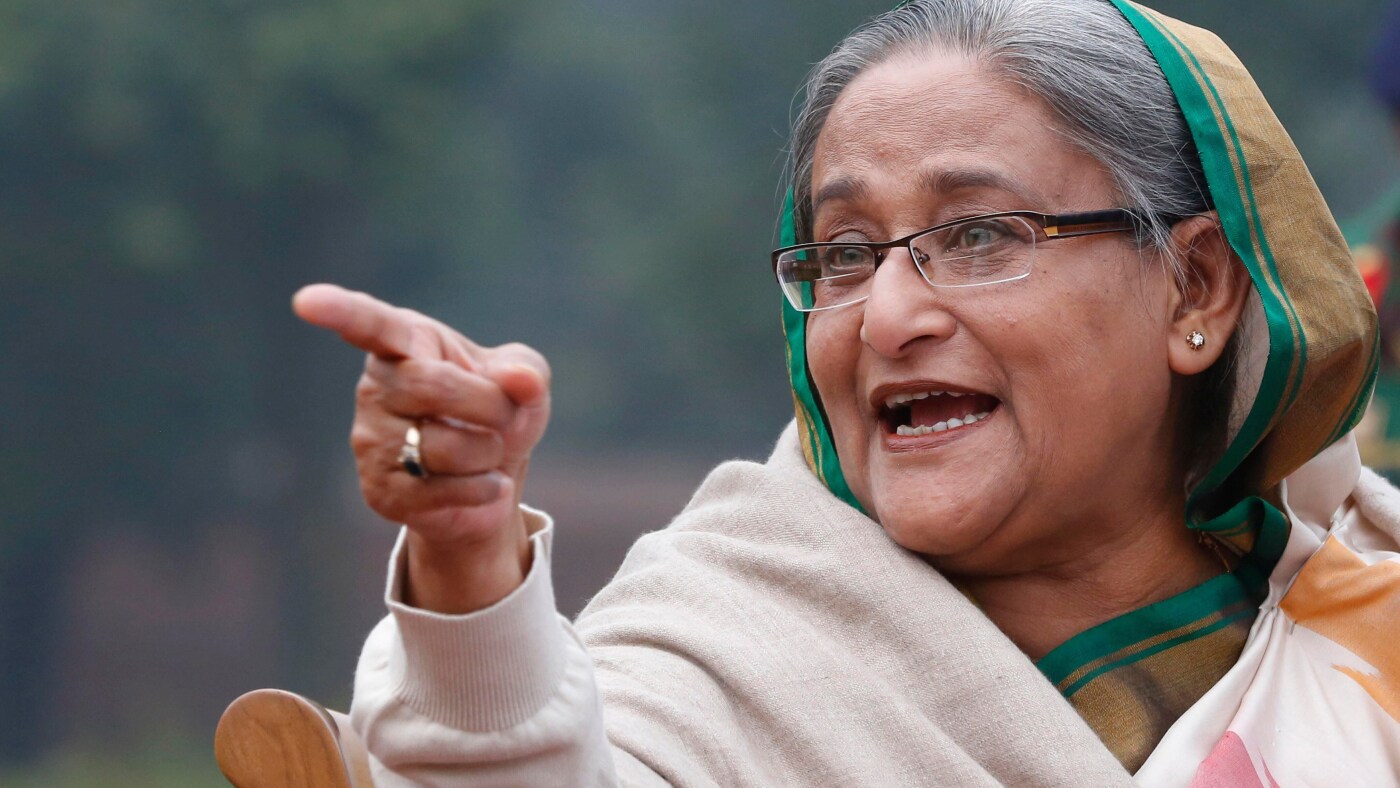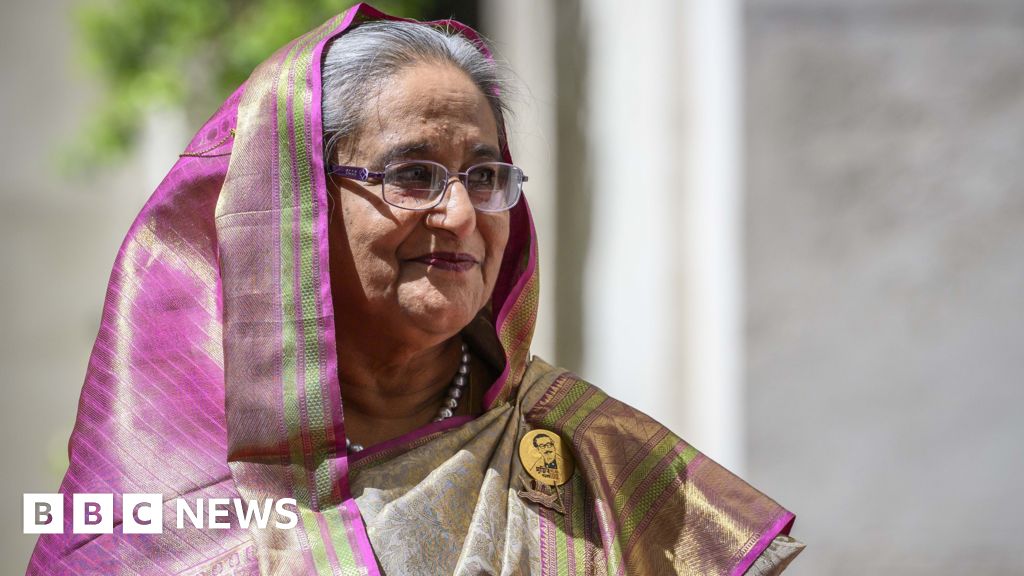Former Bangladesh PM Sheikh Hasina Sentenced to Death for Crackdown on Protests
Former Bangladesh Prime Minister Sheikh Hasina and ex-Home Minister Asaduzzaman Khan received death sentences for crimes against humanity in a 2024 protest crackdown, sparking widespread controversy and concern.

Exiled Bangladesh PM Sheikh Hasina sentenced to death in absentia

Bangladesh's ousted prime minister sentenced to death for role in protest crackdown

Concerns over death sentence for former Bangladesh PM Sheikh Hasina

Bangladesh: Sheikh Hasina sentenced to death over student protests
Overview
Former Bangladesh Prime Minister Sheikh Hasina and ex-Home Minister Asaduzzaman Khan were sentenced to death by a special tribunal for crimes against humanity following a violent student uprising in 2024.
The convictions stem from their involvement in a severe crackdown on protests during July and August 2024, which the United Nations reported may have caused up to 1,400 fatalities.
Chowdhury Abdullah Al-Mamun, the former police chief who testified against Hasina, received a five-year prison sentence for his role in the atrocities committed during the crackdown.
Hasina's Awami League party initiated a nationwide shutdown to protest the death sentence, which the former Prime Minister has the right to appeal to the Supreme Court.
Bangladesh deployed extensive security forces, including soldiers and police, across the nation, particularly in Dhaka, amidst reports of disruptions and explosions before the live-broadcast verdict, highlighting the controversy.
Analysis
Center-leaning sources cover the sentencing of Bangladesh's ousted Prime Minister Sheikh Hasina neutrally, presenting factual information from various perspectives. They detail the charges, the verdict, Hasina's defense, and the broader political context, including reactions from her son, the interim government, India, and the public, without adopting a particular stance or using evaluative language.
FAQ
Sheikh Hasina allegedly ordered security forces to use lethal weapons and to shoot protesters 'wherever they find them,' according to a leaked audio recording verified by BBC Eye. This directive reportedly led to the deaths of at least 1,400 people during the crackdown.
Sheikh Hasina was charged with crimes against humanity for her role in the violent crackdown on student-led protests in 2024. She was sentenced to death by a special tribunal, a verdict she has the right to appeal to the Supreme Court.
Hasina's Awami League party initiated a nationwide shutdown to protest the death sentence. The verdict sparked widespread controversy, with extensive security forces deployed across Bangladesh, especially in Dhaka, amid reports of disruptions and explosions before the live-broadcast verdict.
Ex-Home Minister Asaduzzaman Khan was also sentenced to death for crimes against humanity. Former police chief Chowdhury Abdullah Al-Mamun received a five-year prison sentence for his role in the atrocities committed during the crackdown.
The United Nations called for a transparent and independent justice mechanism and supported an independent inquiry into grave abuses during the protests. Rights groups and international media have expressed concern over the scale of violence and the fairness of the trial.